Reporters without Borders (RSF) ranks Burundi the 160th out of 180 countries in the 2017 World Press Freedom Index. RSF says the country was the 156th in 2016. It is ranked behind all the East African Community countries.
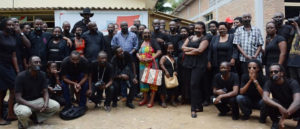
The freedom of Burundian press is restricted
The situation in Burundi has become more and more complex since the outbreak of the 2015 crisis. The main independent radio stations have remained closed since the May 2015 coup attempt, according to RSF report. On 14 May, on the eve of the coup against President Pierre Nkurunziza, five media were destroyed. Two of them namely Isanganiro and Rema FM were allowed to reopen. The three remaining others which are Bonesha FM, Radio Publique Africaine (RPA) and Télévision Renaissance are still closed.
RSF says new government propaganda media outlets have been created. This NGO says Burundian Journalists find it hard to work freely and are often harassed by security forces encouraged by an official discourse associating non-aligned media with enemies of the nation. The journalist Jean Bigirimana’s disappearance in July 2016 has still not been solved, says RSF.
Innocent Muhozi , Chairman of the Burundian Press Watchdog (OPB) says, it is not surprising that Burundi moved from its 156 in 2016 to 160 in the 2017 ranking by RSF in terms of press freedom. “Media freedom is not possible when the right to life and the fundamental human rights are violated,” says Muhozi.
Gabriel Bihumugani, Deputy Chairman of the Burundi’s media regulator (CNC) dismisses RSF report. He says it was written on the basis of false information. “RSF only considered the events of 2015 and the disappearance of Jean Bigirimana, journalist at Iwacu Press Group.” Burundi journalists are not ill-treated,” he says.
Bihumugani says the press regulator left no stone unturned to find Jean Bigirimana but in vain. “CNC urges competent authorities to give clarification on the journalist’s disappearance”, Bihumugani says. He says CNC is doing its best to guarantee press freedom.

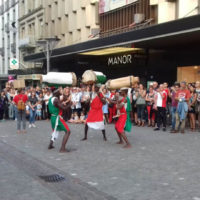

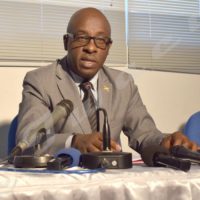
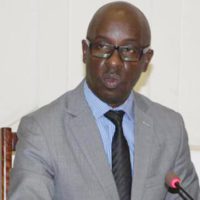
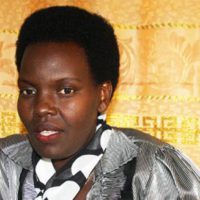













 IWACU Open Data
IWACU Open Data

